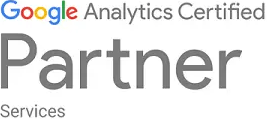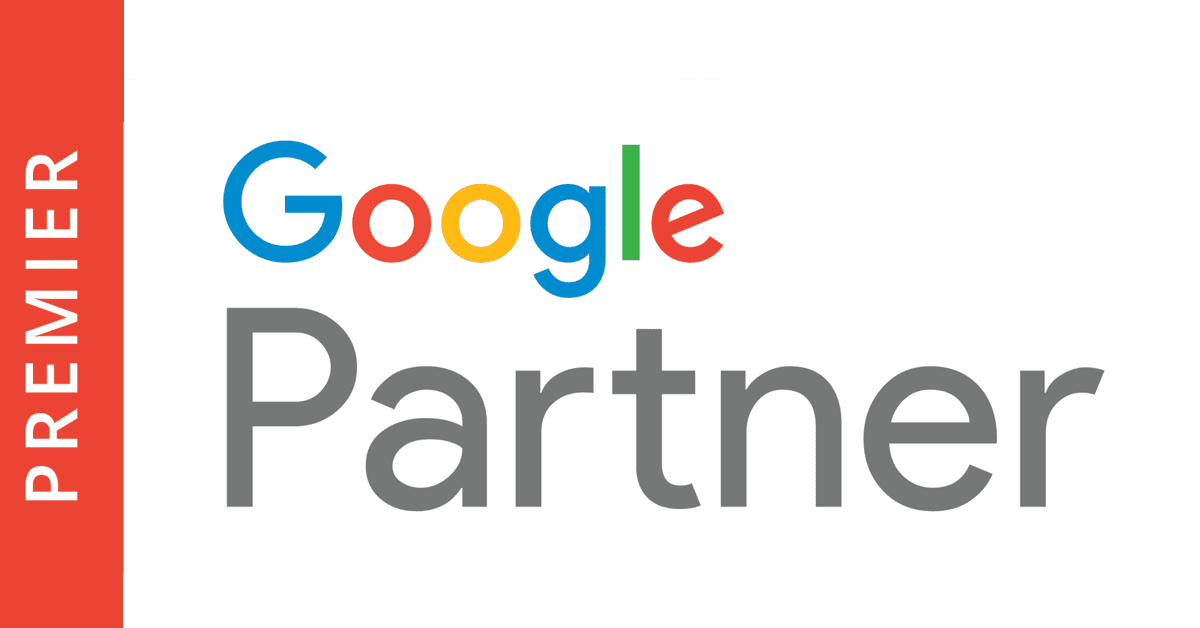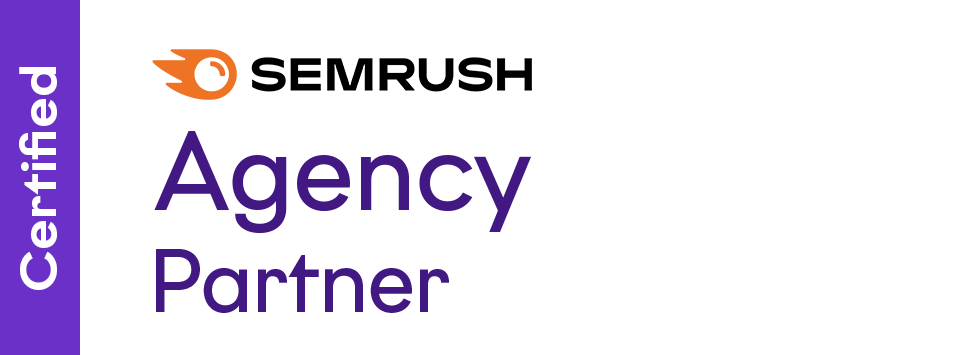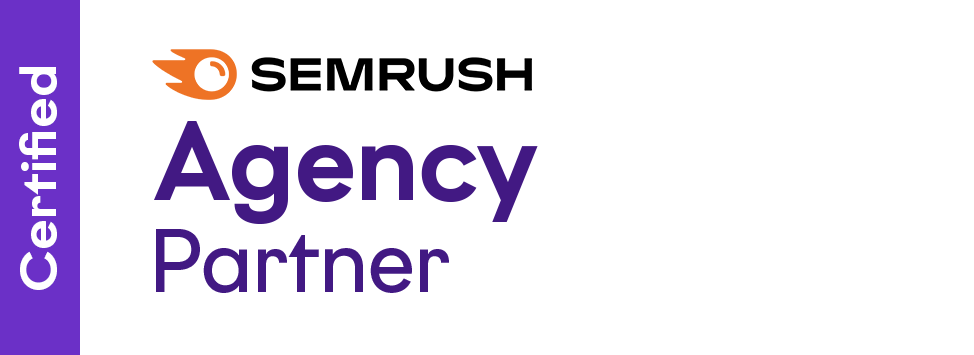In the dynamic world of SEO, mastering Google’s E-E-A-T framework is more than a technical necessity; it’s an art form. This guide doesn’t just explore the theory behind E-E-A-T; it brings it to life, sharing the nuanced insights and strategies that only come from real-world experience and deep industry knowledge.
What is E-E-A-T? An in-depth explanation
E-E-A-T comes directly from Google’s Search Quality Rater Guidelines, it stands for Experience, Expertise, Authoritativeness, and Trustworthiness. This concept is a key set of guidelines that outlines what Google considers high-quality content. Here’s a breakdown of each element:
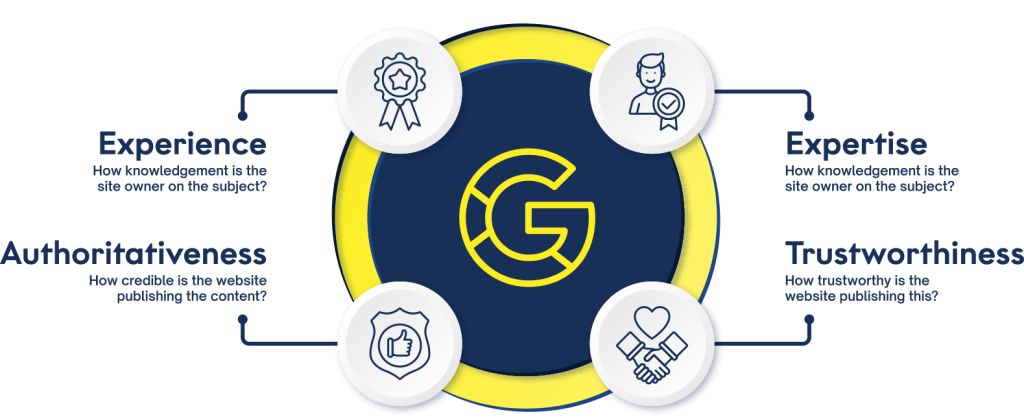
Experience: Crafting Authentic Content
This component emphasizes the value of firsthand experience and personal insight in content creation. It suggests that content creators with direct, personal experience in a subject can offer unique, authentic perspectives that are highly valuable to users. For instance, a review written by someone who has actually used a product is more insightful than one written by someone who hasn’t.
Expertise: Establishing Deep Knowledge
Expertise refers to the depth of knowledge and skill in a specific field. This aspect of E-E-A-T evaluates whether the content creator possesses the necessary expertise on the topic they are discussing. This is particularly important for topics that require specialized knowledge, like medical or legal advice. A content creator doesn’t necessarily need formal qualifications; demonstrated knowledge and skill in a particular area can also constitute expertise.
Authoritativeness: Building a Respected Voice
Authoritativeness is about the credibility and reputation of the content creator, the content itself, and the website where it appears. It involves being recognized as a reliable and respected source of information in a specific field or industry. This can be achieved through acknowledgments from other authoritative figures, citations, and positive user engagement.
Trustworthiness: Fostering Credibility and Safety
Trustworthiness focuses on the reliability and honesty of the content, the content creator, and the website. It assesses factors such as information accuracy, authorship transparency, and website security (especially for e-commerce sites). Trustworthy content is factual, unbiased, and clear about potential conflicts of interest.
What are YMYL Topics?
YMYL stands for “Your Money or Your Life,” a term used by Google in its Search Quality Rater Guidelines to categorize web pages that could potentially impact a user’s future happiness, health, financial stability, or safety. Essentially, these pages contain information so critical that, if presented inaccurately, untruthfully, or deceptively, it could directly affect the life decisions of the reader.
Key characteristics of YMYL topics include:
- Financial Information: Pages that offer advice or information about investments, taxes, retirement planning, home purchase, paying for college, insurance, or anything else that could affect someone’s financial status or stability.
- Medical Information: Pages providing advice or information about health, drugs, specific diseases or conditions, mental health, nutrition, and more. This category is particularly sensitive because inaccurate or misleading medical advice can have serious consequences.
- Legal Information: Pages that offer legal advice or information on topics like divorce, child custody, wills and estates, immigration, and other legal matters that can significantly affect the lives of individuals.
- Safety Information: Pages that provide information on how to stay safe in specific situations, such as emergency preparedness instructions or how to protect yourself from fraud and scams.
- Major Life Decisions: Pages that offer advice on major life decisions, like parenting, purchasing a home or a car, and job-related information.
Why is YMYL important to Google?
Understanding why Google places such high importance on content quality, especially regarding YMYL (Your Money or Your Life) topics and the E-E-A-T (Experience, Expertise, Authoritativeness, and Trustworthiness) framework, is essential for anyone delving into SEO. This focus is not arbitrary; it’s deeply rooted in Google’s core objectives and responsibilities.
Here are the top reasons YMYL is important to Google:
- Enhancing User Trust and Satisfaction: At its heart, Google’s mission is to organize the world’s information and make it universally accessible and useful. To achieve this, user trust is paramount. High-quality, reliable content leads to a better user experience, fostering trust and satisfaction. If users consistently find accurate and helpful information through Google, they are likelier to keep using it as their primary search engine.
- The Ethical Aspect – Impact on Real Lives: YMYL topics, such as health, finance, and legal issues, significantly affect people’s lives. Inaccurate or misleading information in these areas can have detrimental, real-world consequences. Therefore, Google prioritizes authoritative and trustworthy content to protect users from harmful advice or misinformation.
- Maintaining Market Leadership: Google’s dominance in the search engine market hinges on its ability to deliver superior search results. The quality of these results directly influences its reputation and market share. As competition in the digital space intensifies, maintaining and enhancing content quality is crucial for Google to retain its position as the market leader.
- Combating Misinformation: In an era where misinformation can easily be propagated, Google has a critical role in ensuring that credible, fact-based content is readily accessible. This is particularly significant in an age where information is abundant and varied, making the accuracy and reliability of content more important than ever.
- Legal and Regulatory Compliance: Google operates globally, subject to various legal and regulatory frameworks. Ensuring that its search results are high-quality and trustworthy helps Google navigate these complex landscapes and avoid legal challenges, particularly in sensitive areas covered by YMYL topics.
In essence, Google’s emphasis on content quality reflects its commitment to its users, ethical responsibilities, competitive strategy, role in disseminating accurate information, and need to comply with international laws and regulations. For content creators and SEO professionals, aligning with Google’s focus on high-quality, E-E-A-T-compliant content is about ranking well in search results and contributing to a trustworthy and reliable digital information ecosystem.
Integrating E-E-A-T into Holistic SEO Strategies
SEO is not just about keywords and backlinks; it’s increasingly about your content’s overall value and quality. When conducting keyword research or planning your content calendar, consider how each piece aligns with the E-E-A-T principles. Does the topic allow you to showcase your expertise? Can you create content that will be seen as authoritative in your field? Is the subject matter relevant to your audience’s real-world experiences? Answering these questions can guide you in crafting content that ranks well and genuinely serves your audience.
In this context, here’s how to make your content more E-E-A-T friendly:
Demonstrate Experience:
- Incorporate real-life experiences and narratives into your content to add authenticity and relatability. Include case studies, customer testimonials, or personal stories that align with your topic.
- Engage your audience by encouraging user-generated content, such as reviews or community discussions. This adds depth and diverse perspectives to your content.
Showcasing Expertise:
- Highlight your or your authors’ qualifications and experiences, especially in author bios or about pages, to establish credibility.
- Create content that is in-depth, well-researched, and informative. Aim to educate your audience with comprehensive guides, detailed analyses, and insightful articles.
- Keep abreast of the latest developments in your field and integrate this knowledge into your content, demonstrating an ongoing commitment to expertise.
Building Authoritativeness:
- Participate in and contribute to industry discussions, forums, and social media. Engage with your audience and peers to establish a strong online presence.
- Aim for your content to be cited by authoritative sources. Produce high-quality, original material that other reputable sites would reference.
- Regularly update your content to keep it current and relevant, reinforcing your position as an authoritative source in your niche.
Ensuring Trustworthiness:
- Be transparent about content creation, disclosing any affiliations or biases. Accuracy in reporting and citing credible sources is essential.
- Maintain a secure and user-friendly website. Implement HTTPS and ensure easy navigation, supporting the trustworthiness of your content and site.
Aligning Content with the Search Quality Rater Guidelines:
- When planning your content, consider how each piece can demonstrate experience, expertise, authoritativeness, and trustworthiness. This approach ensures that your content strategy is SEO-friendly and aligns with the core values that users and search engines value.
- Regularly review and adapt your content strategy based on feedback and performance metrics. This iterative process helps continually refine your approach to align with E-E-A-T principles.
Balancing Google Algorithm Updates With E-E-A-T Optimized Content
Keep abreast of Google’s algorithm updates, as they often emphasize E-E-A-T aspects. However, always prioritize creating content that addresses the needs and questions of your audience. Use tools like Google’s “People Also Ask” feature for insights into what your audience is searching for, and tailor your content to answer these queries comprehensively and authoritatively.
The Role of Backlinks in E-E-A-T
Backlinks are a pivotal factor in enhancing E-E-A-T, particularly in establishing Authoritativeness. They serve as a vote of confidence from other sites, indicating the value and credibility of your content.
- Quality Over Quantity: Focus on acquiring backlinks from reputable, high-authority sites within your niche. These backlinks are a strong signal of your site’s authoritativeness and trustworthiness.
- Guest Posting and Collaborations: Contribute high-quality content to authoritative websites. Guest posts provide valuable backlinks and position you as an expert.
- Avoid Low-Quality Links: Steer clear of questionable link-building practices. Low-quality or spammy backlinks can harm your site’s trustworthiness and overall SEO performance.
Leverage E-E-A-T for Long-Term SEO Success
Incorporating E-E-A-T into your SEO strategy is not a one-time task; it’s a continuous process of refinement and adaptation. High E-E-A-T content tends to age well, maintaining its relevance and ranking over time. By focusing on producing content that excels in these areas, you’re not just complying with Google’s guidelines; you’re also creating a valuable resource for your audience, which is the ultimate goal of SEO.
Final Thoughts
Integrating E-E-A-T into your SEO strategy represents a shift towards a more holistic, value-driven approach to content creation. By enhancing your content’s experience, expertise, authoritativeness, and trustworthiness, you align with Google’s evolving algorithms and establish a strong, credible presence in the digital landscape. In this era of information overload, the websites that stand out consistently deliver quality, reliable, and user-focused content. Embrace the principles of E-E-A-T, and watch your SEO efforts yield lasting, impactful results.
Further Reading: Google’s Search Quality Rater Guidelines: What Digital Publishers Should Know
Need help with your SEO campaign? We offer SEO services tailored to your business needs. Contact us today to improve your online presence today!













